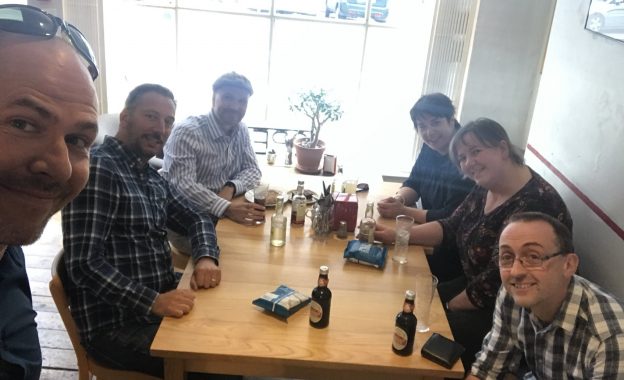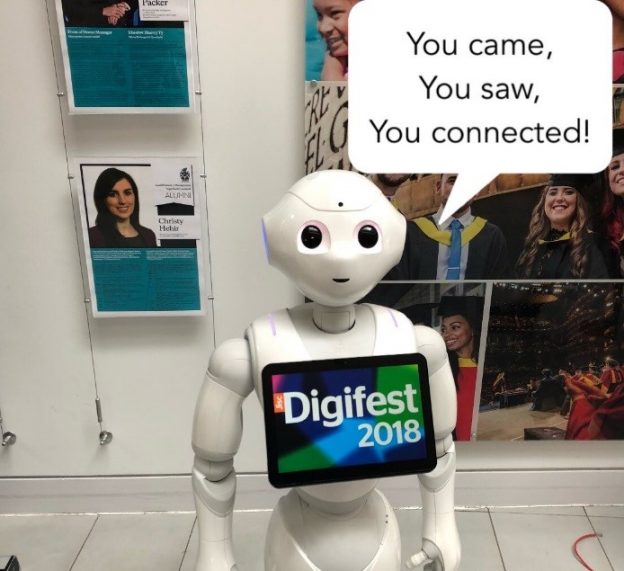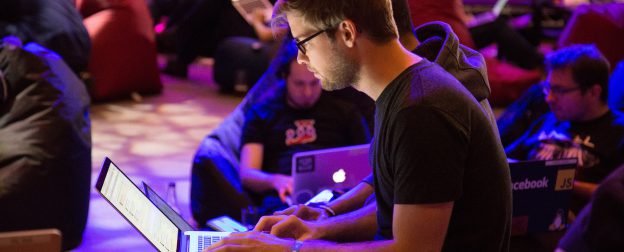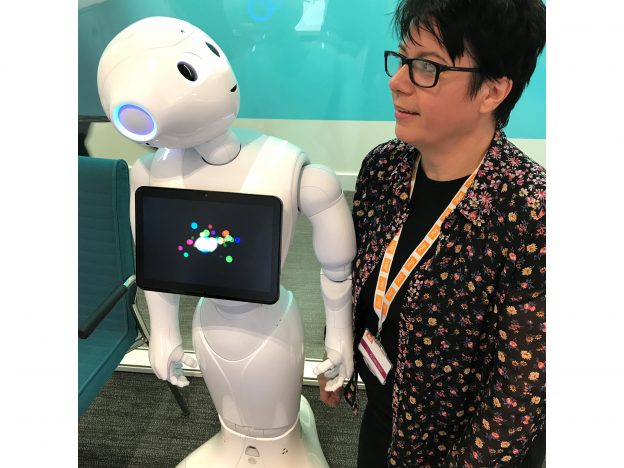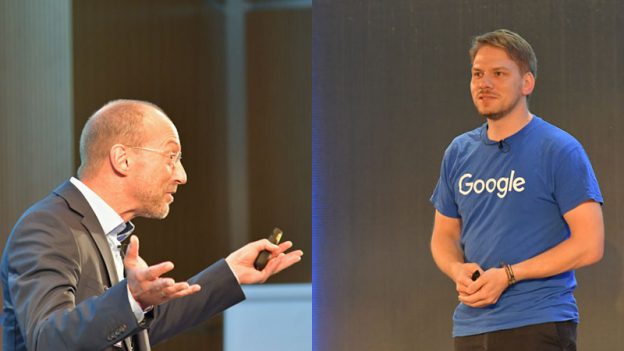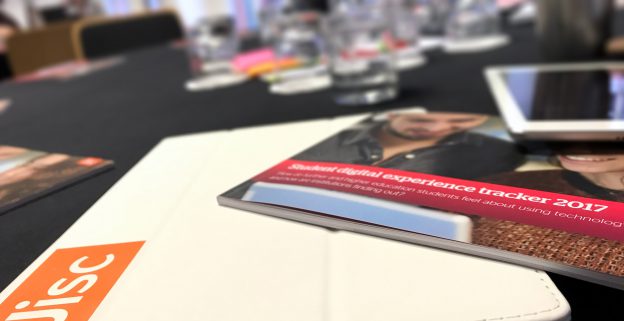No need to file this one under “earth-shattering” but our team has changed its name! Since we started back in 2015 we’ve been called Student Experience but we’ve now changed to Digital Practice. I thought it was worth giving a bit of an explanation partly because it’s an interesting reflection on how we’ve changed over […]
Digital practice – what’s in a name?
